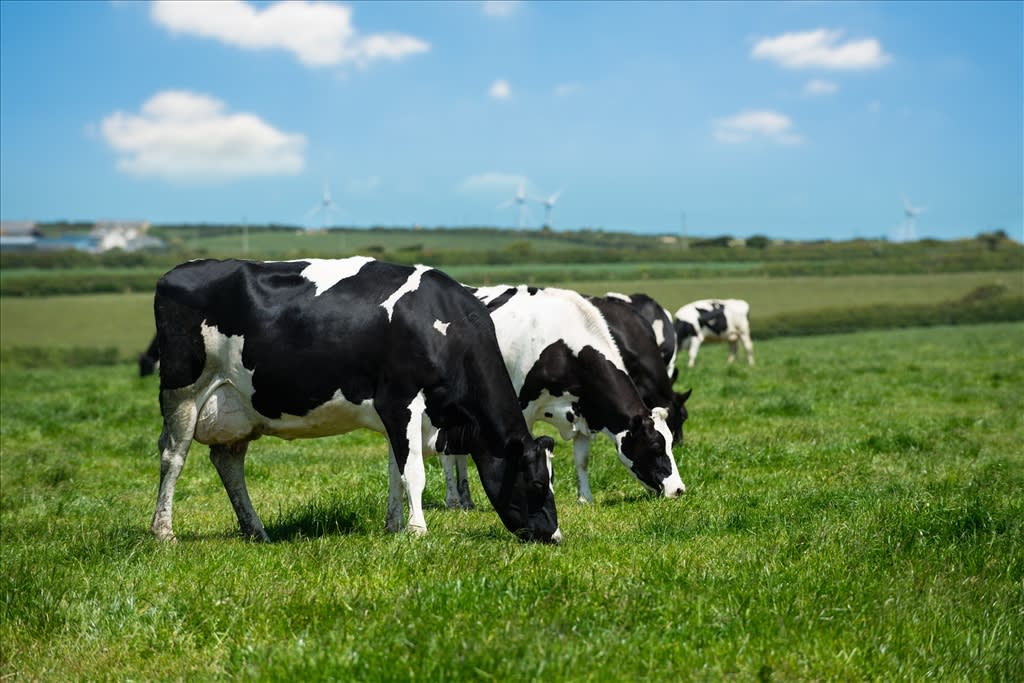By Dr Richard Kirkland, Global Technical Manager for Volac Wilmar Feed Ingredients
Energy supply is the most limiting factor in most grazing situations and failure to feed cows for their level of production will result in reduced milk yield,
low body condition score and poor fertility throughout the season.
In well-managed early-season conditions with high grass availability, cows have potential to yield over 20 litres/day from grass alone. However, high levels of production are difficult to achieve without risking major pasture under-utilisation and poor sward quality later in the season. Concentrate supplements can play a key role in enabling cows to not only achieve their yield potential and maintain milk fat and protein levels, but also help to ensure they get in calf and stay in calf. It’s a case of being aware of what to feed and why.
Spring grass is typically highly digestible and contains a higher proportion of sugars, while fibre content increases and sugar content decreases as the season progresses. This suggests that higher fibre supplements may be more appropriate in early season while higher starch supplements would best balance late season grass, a concept evaluated in previous studies at the Hillsborough site in Northern Ireland.
Researchers compared the effects of high-starch and high-fibre concentrates offered to spring-calving cows in early season and reported lower milk fat and higher milk protein (3.07% and 3.36%, respectively) with cows offered the starch-based cake compared to those offered the fibre-based cake (3.65% and 3.20%, respectively). Earlier grazing data from the University of Nottingham reported significantly higher milk fat percentage when either starch or fibre-based concentrates were supplemented with a rumen-protected fat. With fat supplementation, we also need to consider the most-appropriate fatty acid profile to include, as the very high-C16:0 supplements may promote milk fat percentage but are not so beneficial to cow condition and fertility aspects at this critical stage. For improved condition and fertility we need to look at supplements containing rumen-protected oleic acid (C18:1) as present in the larger-grained calcium salt supplements, but as with most elements of nutrition, it’s the balance of the fatty acids that’s important.
Concentrate supplementation will help alleviate negative energy balance resulting from inadequate intake of energy from grass and allow cows to reach their genetic potential for production. Use of appropriate supplements can also help meet target compositional goals while the longer-term benefits of improved body condition and fertility are vital factors that must also be considered in the equation.


